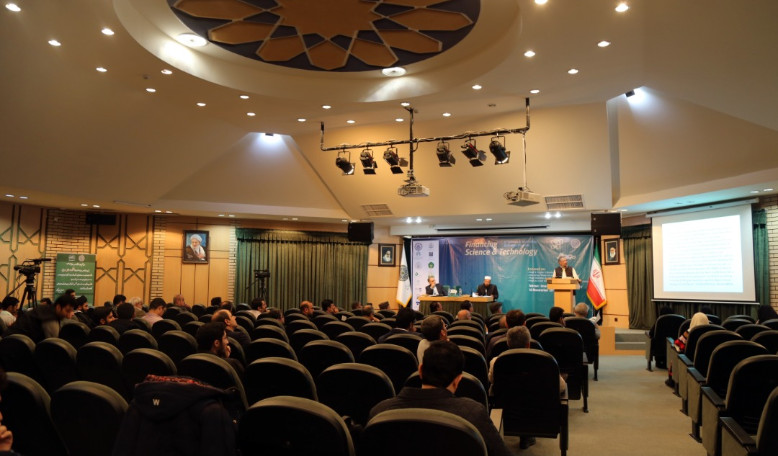Waqf helps improve various aspects in society


The importance of waqf and the ways it influences society were discussed in Imam Sadiq University.
MSTF Media reports:
The 6th STEP in the field of financing science and technology was held in Imam Sadiq University on November 10.
Participants of this STEP shared their ideas on the betterment of the financial situation of Muslim world especially in the fields of science and technology, and how it can be improved with the help of waqf.
In the first round of this talk, Qasim Ashraf Noor noted the meaning and importance of waqf in Islam. He told that first, waqf in Islam before anything else is a kind of prayer to God and second, it is a social responsibility to keep the balance between the rich and the poor in society.
Talking about the value of waqf in Islam from the beginning to the present, he mentioned the Quba Mosque as a waqf made by Prophet Muhammad to remind that in this way the custom of waqf has been promoted in the society.
Qasim Ashraf Noor further added that waqf and zakat are ways of sadaqah through which people donate their charities; however, there can be two principles for waqf: variant and constant.
According to him, the constant principles are the ones which everybody agrees upon their social and moral values and the variant ones are the principles which change based on time and place. He maintained that even Islam's ahkam are based on constant and variant principles and in the time of conflicts, constant principles must be taken into consideration because the variant ones vary from society to society and are not much negotiable.
Concerning the relation of waqf to these principles, Ashraf Noor explained that waqf does also change from time to time, from place to place, and even from donator to donator. We have to dedicate money to waqf, make it more fruitful, and then make use of its profits because this is the nature of waqf to keep the money until the proper time comes.
Next he talked about different kinds of improvement which can be the result of waqf custom.
The first improvement is the religious one. In Ashraf's idea, by making a waqf for a mosque, social communications and relations can be improved and facilitated based on religion.
The second one is the human improvement, he said. By this one Ashraf meant that waqf can be useful and beneficial for all people in the society; either Muslim or non-Muslim.
The third benefit and improvement, according to him, is the one in health condition. People build hospitals with waqf money and cure so many illnesses. It can also help drug abusers to get rid of drugs, as well as help orphans, widows and so forth.
Another improvement in Ashraf's idea is scientific and cultural development. For example, culture can be improved with the help of waqf mosques, different libraries including digital and virtual ones can be built, and different kinds of scholarship can be given to students.
The fifth issue in his mind is the economic improvement which can be based on making job opportunities and lessening the amount of unemployment. Even it can be helpful by reducing financial problems of the governments.
The last improvement which he mentioned was the social one by the increase in social activities.
As mentioned by Ashraf, in the rise of Islam due to a lack of belief as well as deviations in waqf the power of waqf decreased and some waqfs which were really needed for the benefit of society stopped.
Following this he mentioned his interest in the field of science and technology and its relation to waqf. He asserted that it is very important to have an organization that can lead waqf to the field of science and technology, so that we can see the contribution of waqf in those fields, too.